What should we pursue in this limited time of life? Nanjing, this 2500-year old Chinese city provides some clues.
For over 1500 years in Chinese history, from Sui to Qing dynasty, the intellectuals had been following one path to success - attending the imperial examination. The content of the exams are mostly orthodox from confucianism. Gradually, confucianism has been connected to studying hard and getting the fame.

Slightly earlier than the creation of the Imperial examination. Bodhidharma arrived in China, at the time when Buddhism was promoted by the emperor of the Liang dynasty. The conversation between Liang Wu Di and Bodhidharma was quite famous. It’s about another thing that’s pursued by buddhist and many buddhist. The merit.

When Bodhidharma first arrived China, Liang Wu Di accommodated him in Jiming temple which was named Tongtai temple back them. He asked Bodhiharma, “ I have constructed monasteries, had sutras copied, and allowed the ordination of many monks and nuns, surely there is a good deal of merit in this?” Bodhiharma answered, “There is no merit”. “Why?” Liang Wudi asked again. “Because the kind of merit you seek is only the petty reward that humans obtain as the result of deeds that are tainted. It is like the reflection of a thing which conforms to it in shape but is not the real thing.” ‘ Then what is the true merit? “ Liang Wu Di asked. “ Pure wisdom is marvellous and complete; in its essence it is empty and quiescent. Merit of this sort cannot be sought in this world.” Liang Wu Di was disappointed and Bodhiharma continued to the north of China.

Hundred years later. Huineng made a further explanation to merit. Merit is actually 2 words in Chinese, Gong De. Gong refers to knowing the true nature of oneself and follow it. De refers to seeing and treating everyone else equally without putting oneself first or higher. Gong De, or merit is built up by knowing and developing oneself, regardless of the donation or contribution.
After Jiming temple, I visited another famous place in Nanjing - the Confucious temple and the museum of Keju (imperial examination in ancient China).

I found an interesting story about the life of Xu Xianqin in Ming dynasty.
From taking the county exam at the age of 18 to getting the title of Jinshi at 32, it took Xu Xianqin 14 years of his life. And at the age of 34, he got his first official position in the beuracratic system. When resigned from a rank-3 position at 53, he had earned fame for himself and his family in the common opinion.
The imperial examination was abandoned in 1905, but another examination replaced it nowadays for the same importance - Gaokao. The Chinese college entrance examination. Many young people from the humble background still consider this as the main way to change their fate, and the Confucianism continues to be the core of this belief.

The same candles and incense are lit and burnt in both Jiming temple and Confucious temple, but the wishes they made are various. After the conversation with Liang Wu di, Bodhiharma went to Shaolin temple and inspired Chan Zong in China. For the next thousand years, Chan Zong started forming the Chinese culture and mindsets along with Confucianism.
Nowadays, In the crowds that paying for merit, how many have understood the conversation between Bodhiharma and Liang Wu Di? And among those who studied for nearly 20 years, how many will eventually gain the fame? When death was approaching Xu Xianqin, was he satisfied with the life had?
And how about you? What would you pursue in your limited time of life?




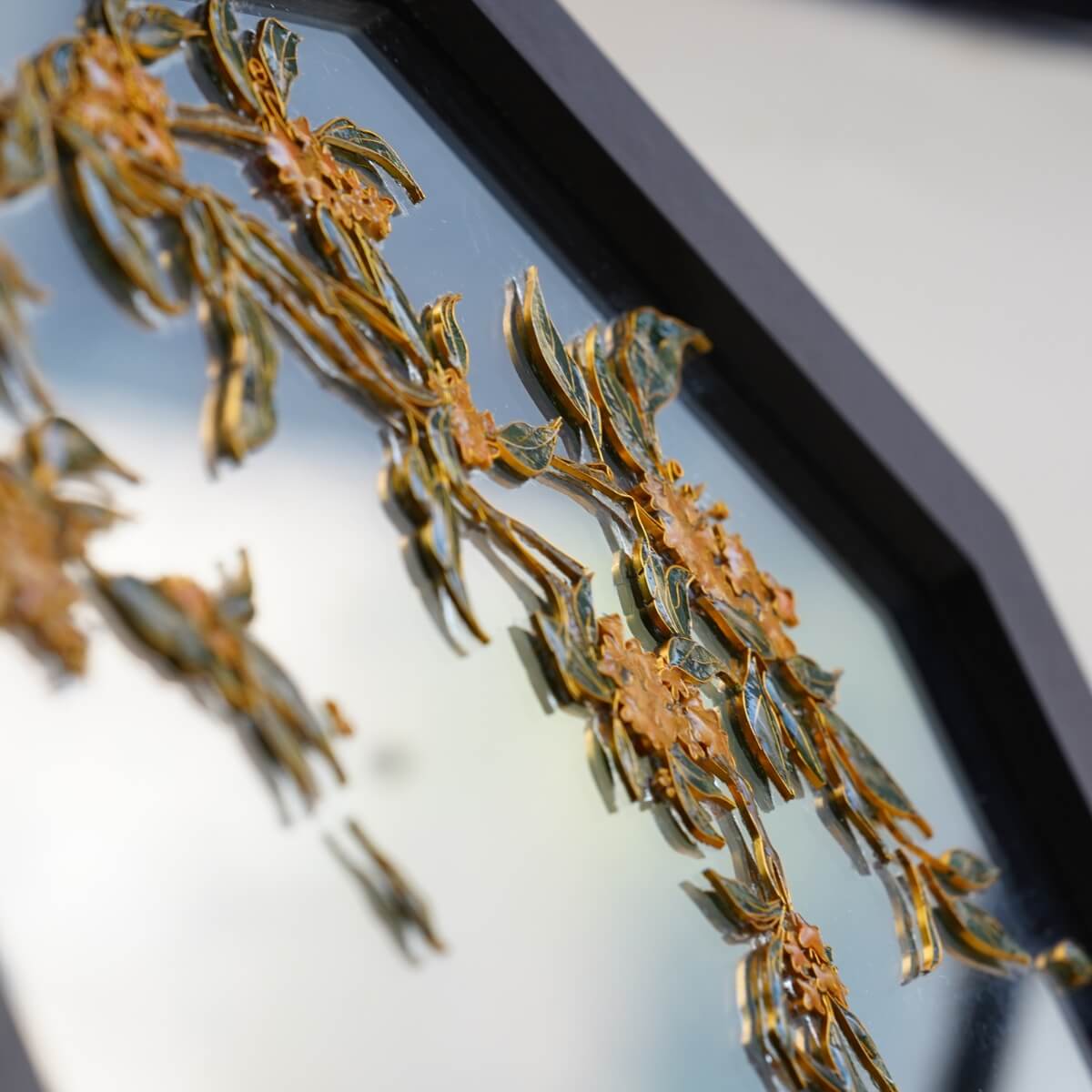



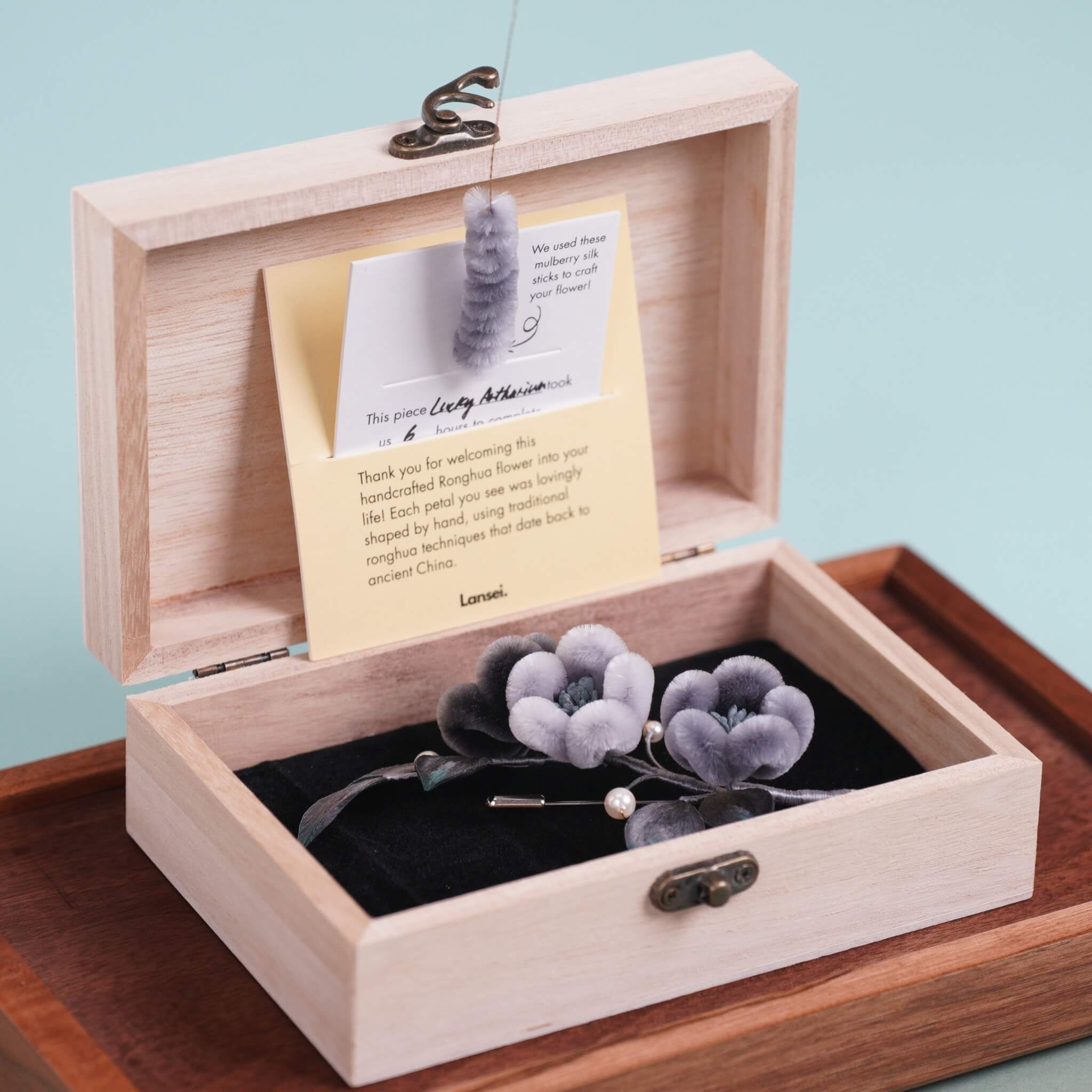
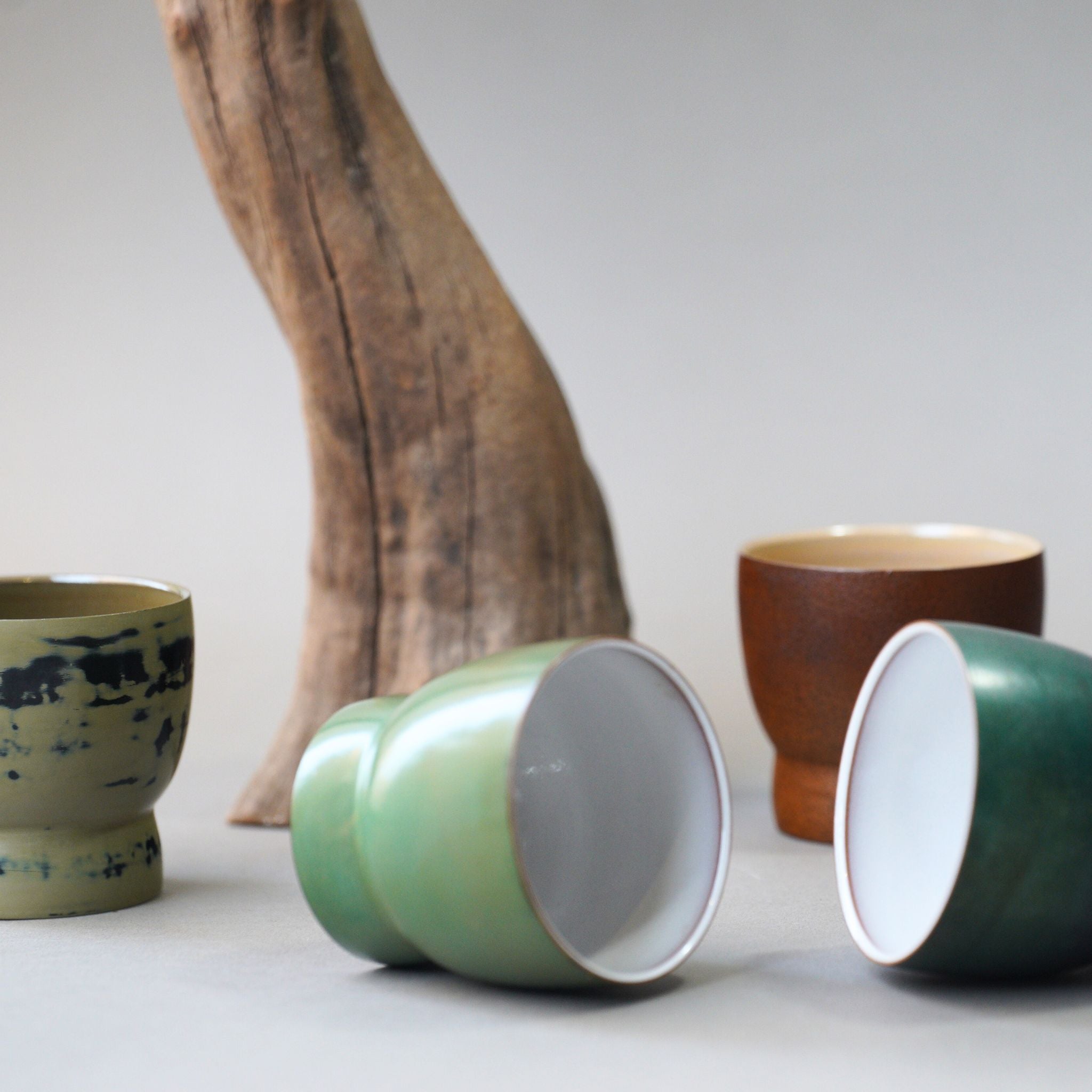
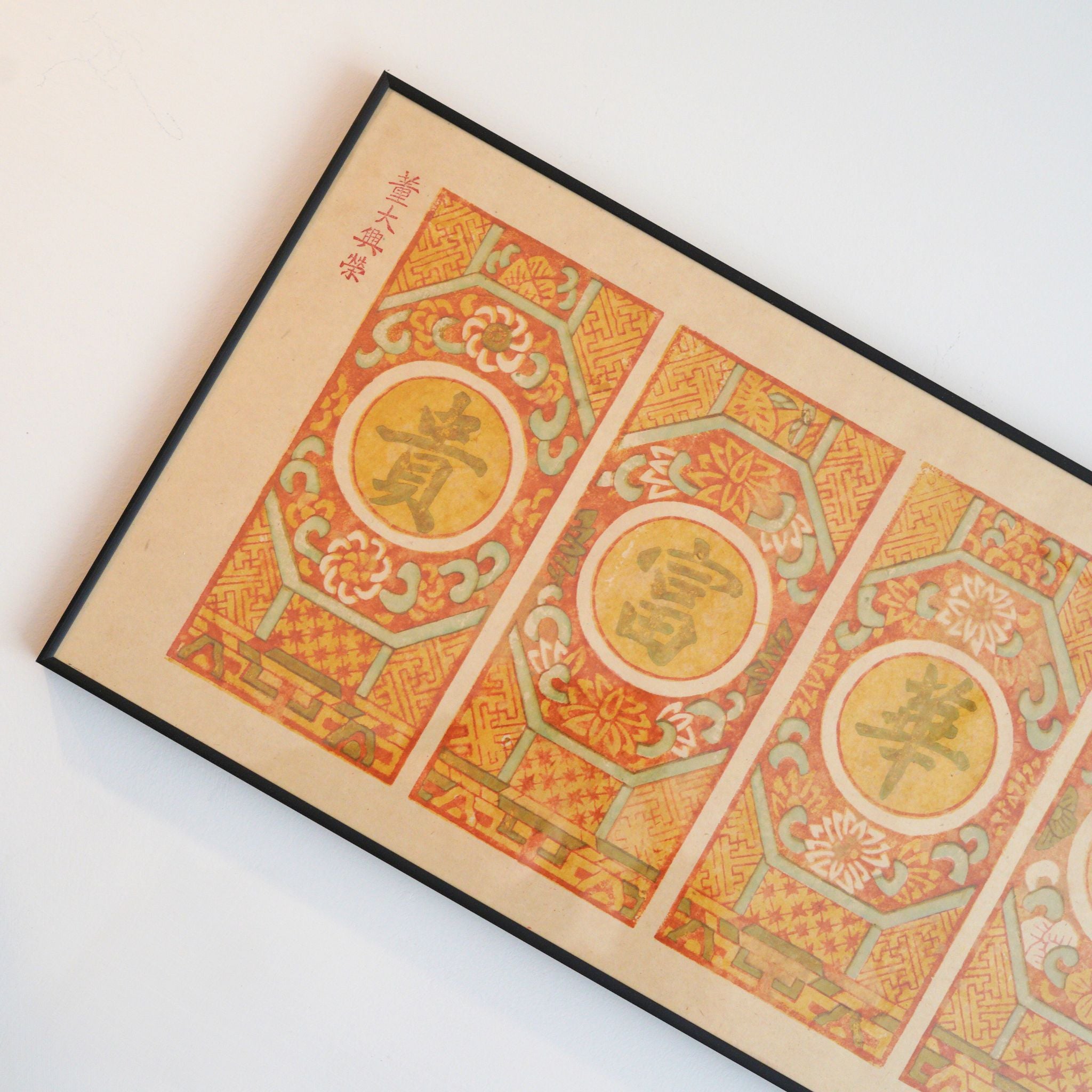
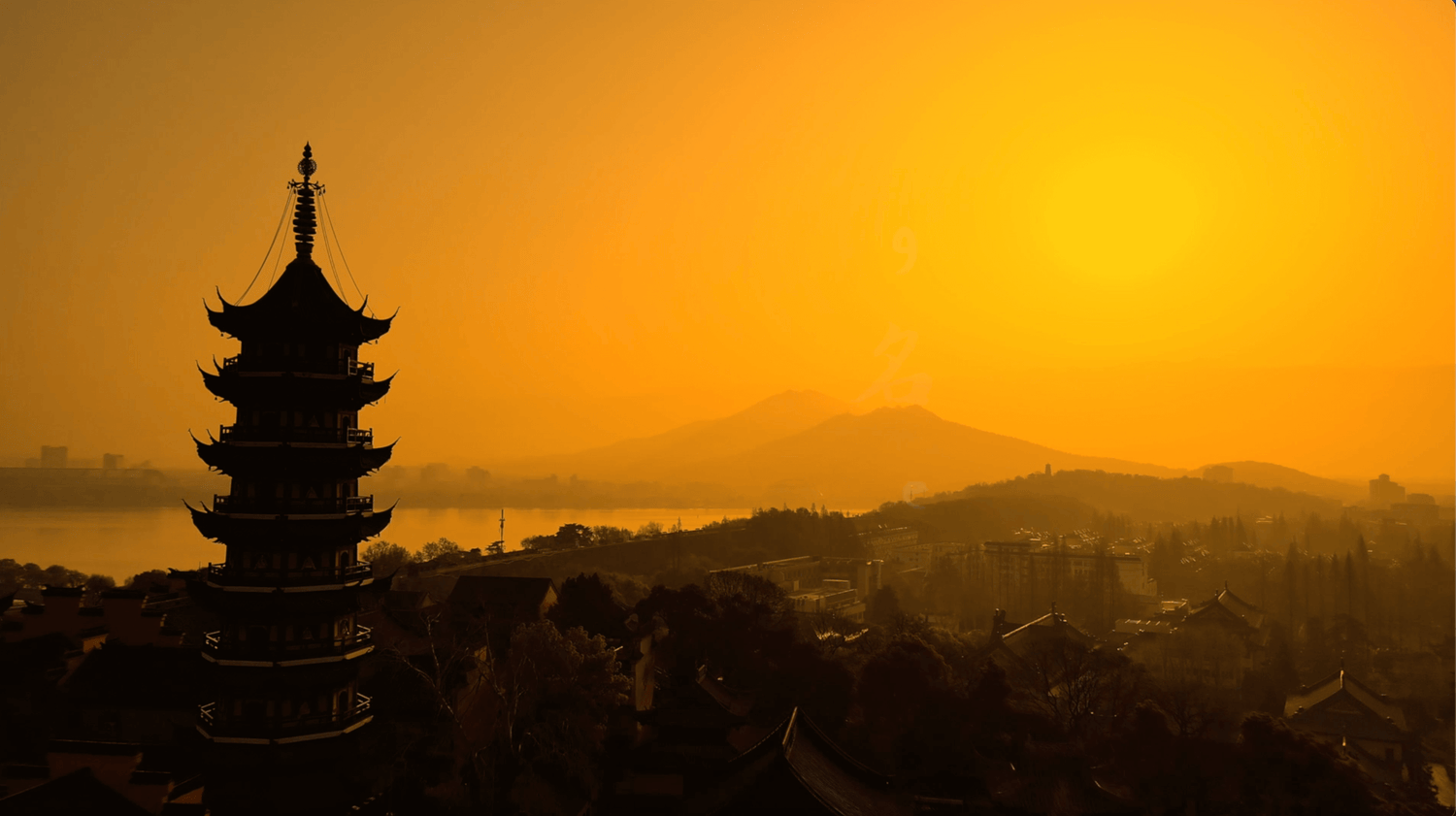
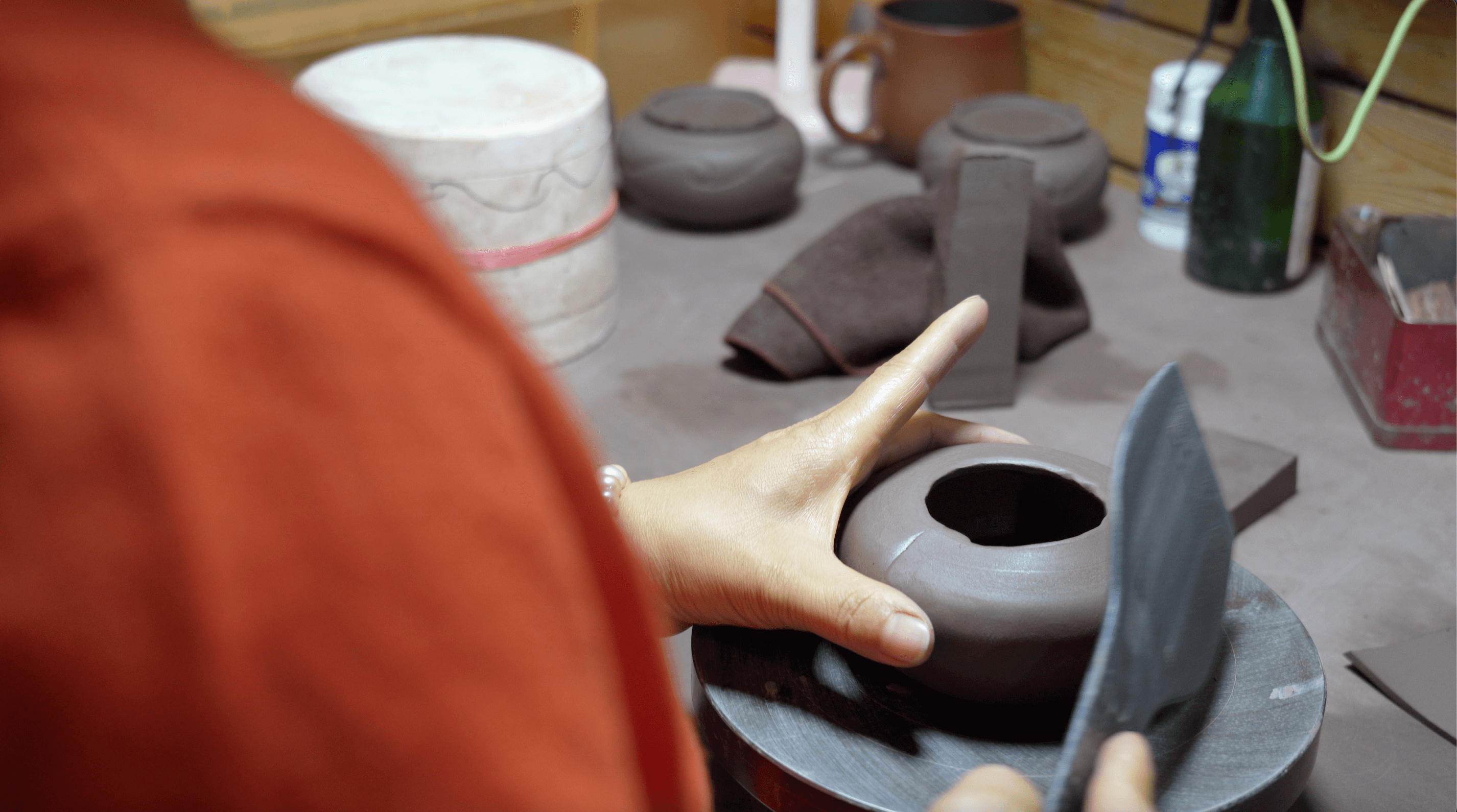
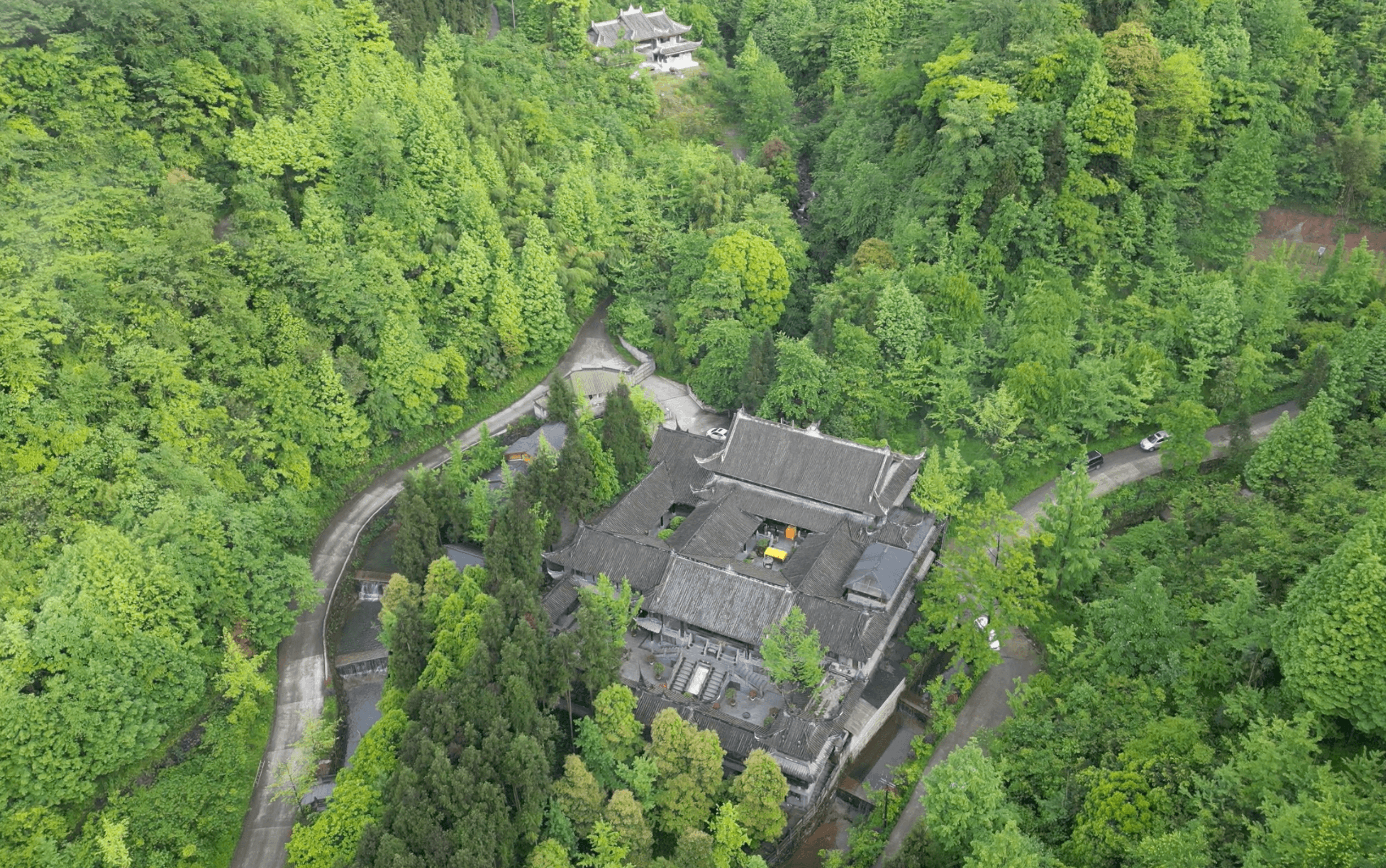
Leave a comment
All comments are moderated before being published.
This site is protected by hCaptcha and the hCaptcha Privacy Policy and Terms of Service apply.